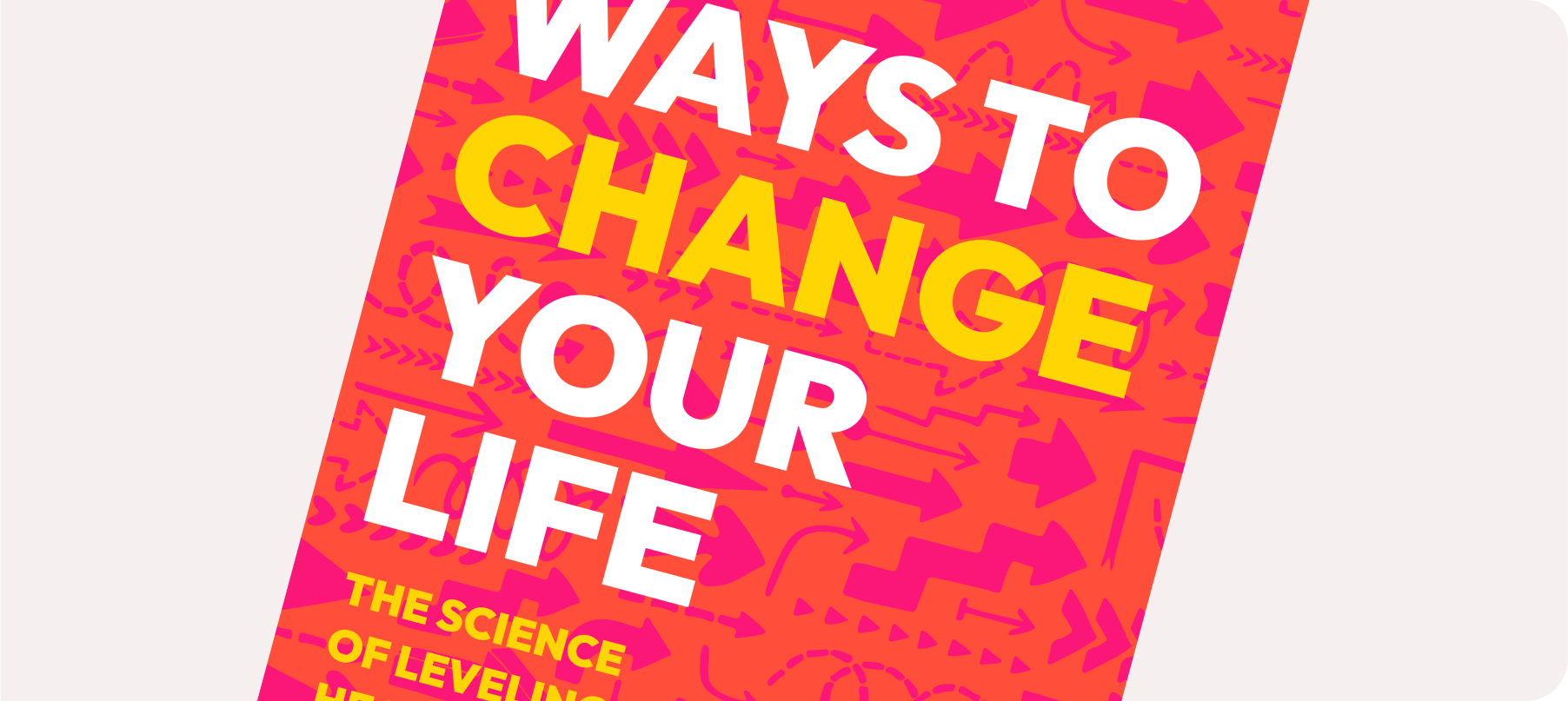In this episode of the Liz Moody Podcast, host Liz Moody speaks with her sister, Dr. Katie Moody, a practicing therapist with a PhD in psychology. They discuss how to find the right therapist and get the most out of therapy. They dive into the benefits of therapy, different types of therapy, how to identify a good fit with a therapist, and practical tips for maximizing your therapy sessions. The episode is for anyone considering therapy, those new to therapy, and even for those already engaged in therapy to get the most out of it.
- 00:17 Meet Dr. Katie Moody
- 01:14 Why Therapy? Benefits and Scenarios
- 09:57 Types of Therapy
- 18:22 Red Flags and Green Flags in Therapy
- 21:56 Maximizing Your Therapy Experience
- 25:14 Final Thoughts
Visit psychologytoday.com to find a therapist.
Check out Katie Moody’s practice here or email her at drkatiemoody@gmail.com.
Ready to uplevel every part of your life? Order Liz’s new book 100 Ways to Change Your Life: The Science of Leveling Up Health, Happiness, Relationships & Success now!
To join The Liz Moody Podcast Club Facebook group, go to www.facebook.com/groups/thelizmoodypodcast.
Connect with Liz on Instagram @lizmoody, or subscribe to her newsletter by visiting www.lizmoody.com.
This episode is sponsored by:
Naväge: go to Navage.com/LIZMOODY and use the promo code LIZMOODY for a free cleaning kit with your starter pack.
Brain.fm: visit brain.fm/LIZMOODY to try it completely free for 30 days.
The Liz Moody Podcast cover art by Zack. The Liz Moody Podcast music by Alex Ruimy.
Formerly the Healthier Together Podcast.
This podcast and website represents the opinions of Liz Moody and her guests to the show. The content here should not be taken as medical advice. The content here is for information purposes only, and because each person is so unique, please consult your healthcare professional for any medical questions.
The Liz Moody Podcast Episode 267.










